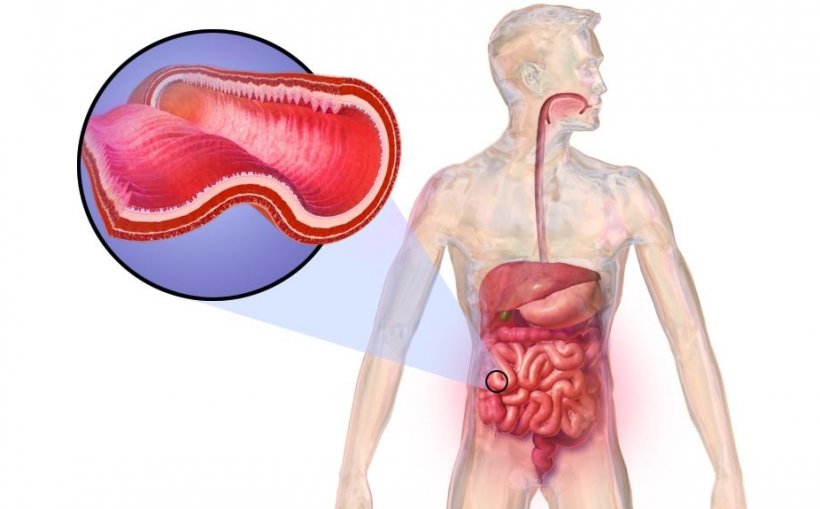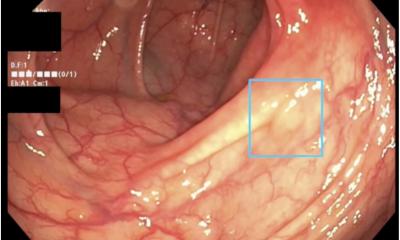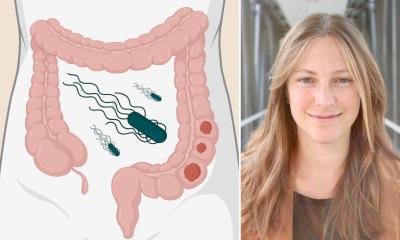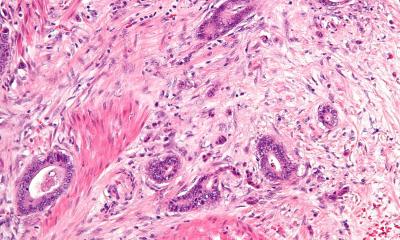
Image source: BruceBlaus, Crohn's Disease, CC BY-SA 4.0
News • Gastroenterology
Crohn's disease linked to increased risk of colorectal cancer
Researchers from Karolinska Institutet, Örebro University and Aarhus University, Denmark, have published the largest study to date on the risk of colorectal cancer in Crohn's disease.

The article is published in the journal The Lancet Gastroenterology Hepatology.
Crohn's disease is a chronic inflammatory bowel disease (IBD). Several previous studies have reported an increased risk of colorectal cancer in patients with Crohn's disease, but these studies are older and have often shown uncertain risk estimates. "We have examined the colorectal cancer risk in than 47,000 patients with Crohn's disease and over 460,000 matched controls from the normal population", says the study's lead author Dr Ola Olén. During follow-up, nearly 500 Crohn's disease patients were affected by colorectal cancer, which corresponded to a 40% risk increased risk compared to the normal population.
Unlike several previous studies, the researchers also investigated mortality from colorectal cancer in Crohn's disease. "Also for mortality was there an increase", says Olén. Furthermore, Crohn’s disease patients with colorectal cancer were at higher risk of dying after cancer diagnosis than other people with colorectal cancer. The authors underline that even those patients with Crohn's disease who are usually screened for colorectal cancer in order to prevent such cancers, were at increased risk of colorectal cancer.

"In order to be able to calculate correct risk estimates for colorectal cancer in patients with Crohn's disease, it is important to have data on many patients. Therefore, the collaboration with our Danish colleagues was crucial for the success of this study", says Jonas F Ludvigsson, one of the study's co-authors.
"Another strength of the study is that we were able to link data from national registers with pathology data in both Sweden and Denmark to better identify the disease onset of Crohn's disease."
Source: Karolinska Institutet
17.02.2020











